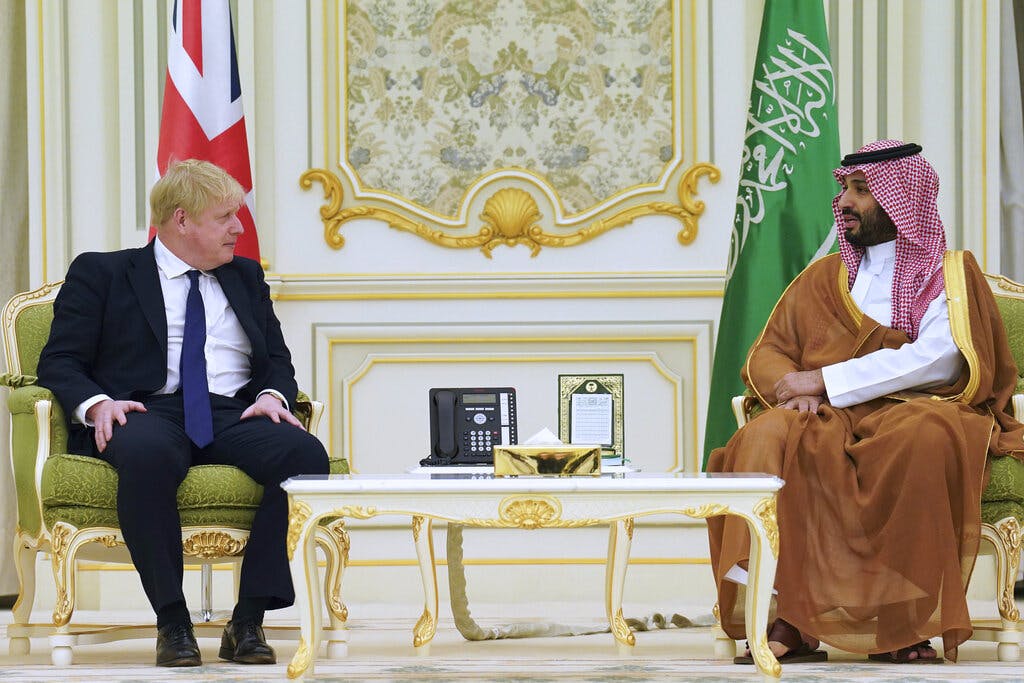
Thousands Of Venezuelan Women Remain Trapped In Colombia’s Sex Trade Following Maduro’s Capture
By HOLLIE McKAY
|Biden is poised to sign a new agreement with the Iranians that paves the way for them to get a nuclear weapon, and fills their coffers with billions of dollars. From the Saudi perspective, this is a nightmare.

Already have a subscription? Sign in to continue reading

By HOLLIE McKAY
|
By ELYSA GARDNER
|
By HOLLIE McKAY
|$0.01/day for 60 days
Cancel anytime
By continuing you agree to our Privacy Policy and Terms of Service.